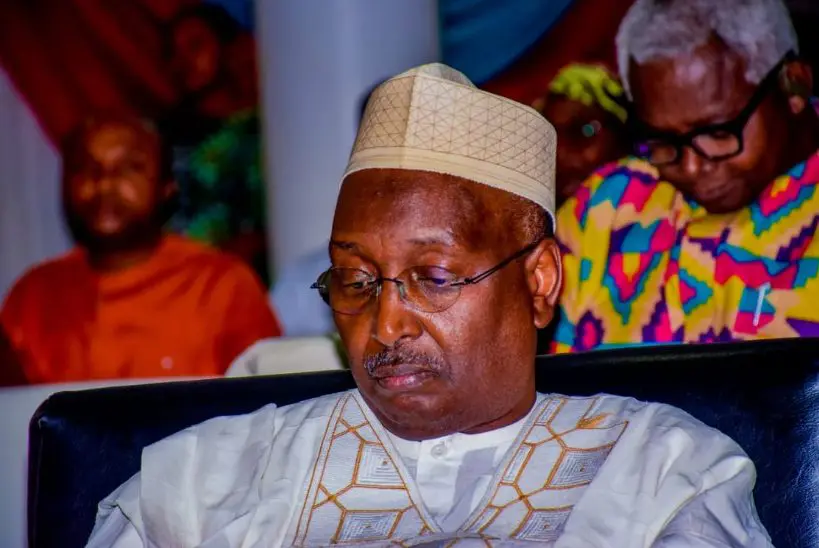A prominent former leader of Nigeria’s ruling party has called for the electoral defeat of President Bola Tinubu in the 2027 general elections, citing frustration over economic hardship and governance failures. Salihu Lukman, ex-National Vice Chairman (North-West) of the All Progressives Congress (APC), made the declaration during an interview on Arise Television’s News Day program Wednesday, signaling rising dissent within Nigeria’s political landscape.
Lukman, now a key figure in the opposition African Democratic Congress (ADC), accused Tinubu’s administration of neglecting citizens’ livelihoods. “I campaigned for him, but the reality of Nigerians’ suffering shows his leadership has failed,” he said. “We will use democratic means to remove him, while still advocating for equity and inclusivity.” His remarks come amid nationwide struggles with inflation, unemployment, and fuel subsidy cuts that have deepened public discontent since Tinubu took office in May 2023.
The former APC chieftain resigned from the party in June 2024, criticizing its leadership for resisting internal reforms and failing to address systemic issues. His defection to the ADC, a coalition of opposition groups, underscores shifting alliances ahead of the next election cycle. However, Lukman also cautioned his new party against repeating patterns of “godfatherism” and imposing candidates—a practice critics say undermines fair political representation in Nigeria. He specifically urged the ADC’s leadership, chaired by former Senate President David Mark, to prioritize merit and transparency in selecting candidates.
Political analysts note Lukman’s shift highlights broader challenges within Nigeria’s ruling party, which has faced internal splits and public backlash over economic policies. Tinubu’s reforms, including currency devaluation and subsidy removals, were initially praised as bold measures to stabilize the economy but have exacerbated hardship for millions. Recent protests over food prices and living costs have amplified calls for accountability.
Lukman’s stance reflects a growing sentiment among former allies of the administration. His advocacy for coalition-building within the ADC suggests opposition parties may unite to leverage voter dissatisfaction. Yet, questions remain about the ADC’s capacity to challenge the APC’s dominance, given Nigeria’s history of fragmented opposition movements.
As the 2027 elections approach, Tinubu’s government faces mounting pressure to address economic distress while fending off criticism from erstwhile supporters. The emergence of figures like Lukman in rival camps signals a dynamic and increasingly competitive political environment, with citizens’ grievances likely to shape the nation’s democratic trajectory.
